Trump Lamented Loss of Oreo Jobs to Mexico. His Tax Bill Could Make More Jobs Go South.
The American Prospect
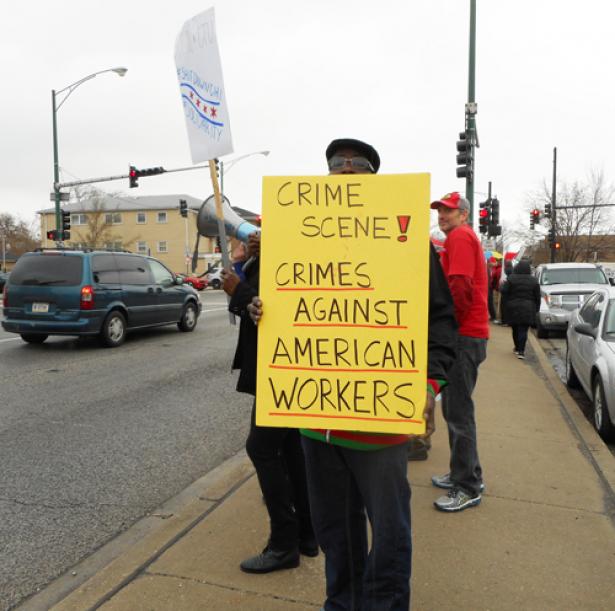
Trump promises to protect US jobs have proven false as Nabisco shuts down its Chicago plant to move to Mexico and Ford reneges onits promise to reinvest in Detroit. Under the new tax bill, even more manufacturing jobs are likely to move overseas.

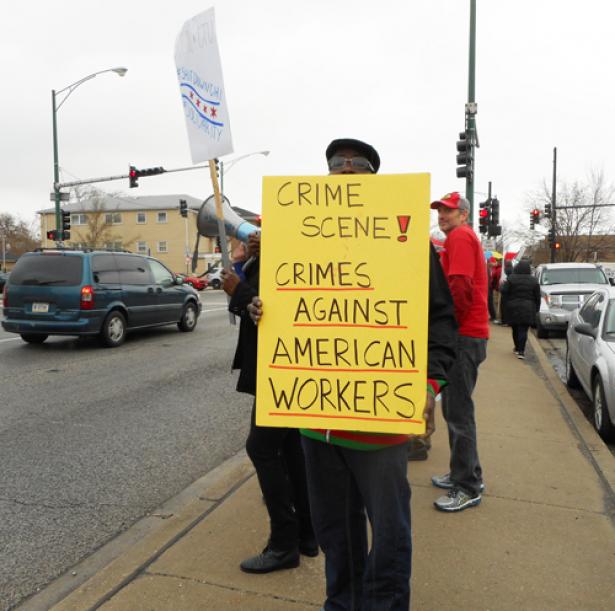
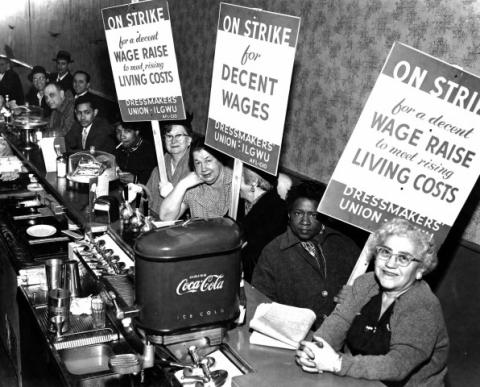
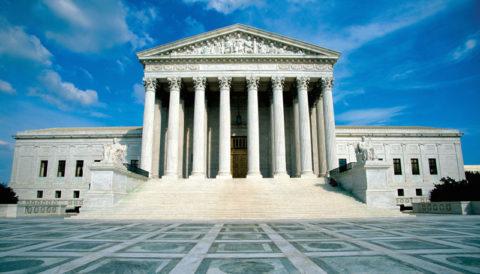
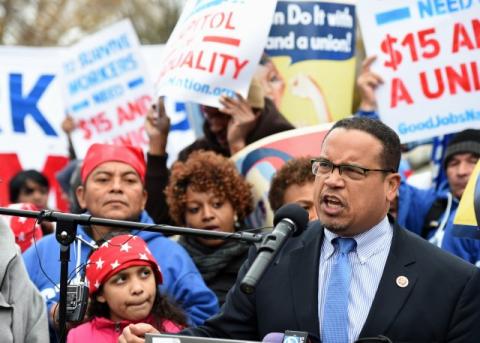
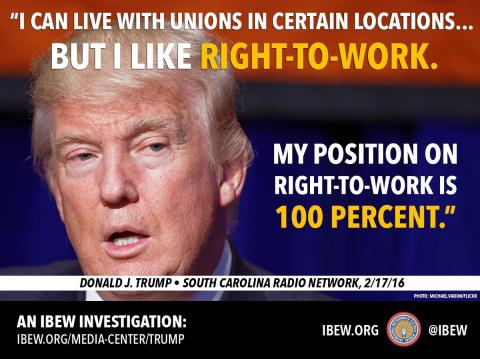
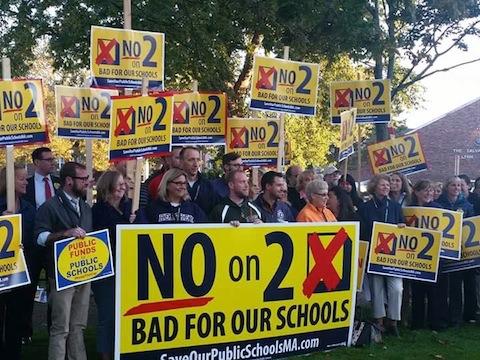

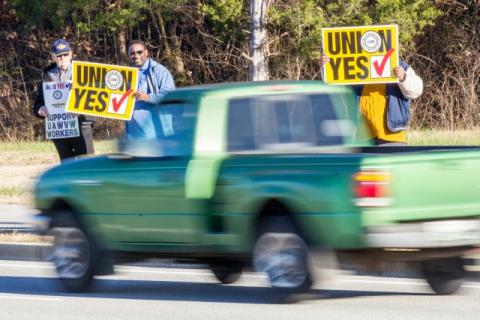
Spread the word